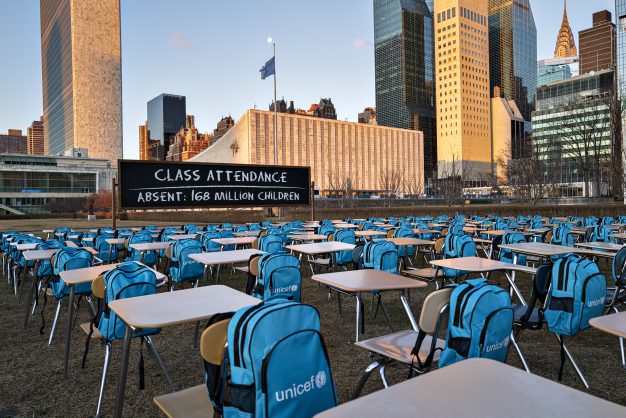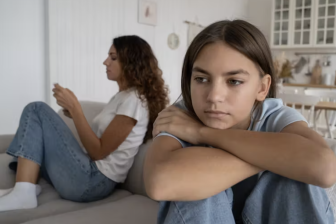
Even as Omicron variant takes hold, school closures ‘must be a last resort’ – UNICEF head
As the world struggles to cope with the onset of the new Omicron COVID-19 variant, the head of children’s charity UNICEF has warned that another wave of school closures would be ‘disastrous for children’.
Acknowledging the obvious huge concerns of this new, more transmissible variant, executive director Henrietta Fore said the evidence from previous lockdowns was there for all to see – there has been a huge impact on the physical and mental health of children and young people across the globe.
“COVID-19 cases are again spiking all over the world, fuelled, increasingly, by Omicron, a new variant of concern that public health experts and scientists are working hard to understand,” she said. “Amid rising uncertainty, many governments are weighing whether to keep schools open. One thing we do know for certain: Another wave of widespread school closures would be disastrous for children.

“The evidence is clear: Prolonged, nationwide school closures; limited resources for students, teachers and parents; and lack of access to remote learning have wiped out decades of progress in education and rendered childhood unrecognizable. A shadow pandemic of child labour, child marriage and mental health issues has taken hold.
‘Schools must be the last to close and first to re-open’
“Beyond lost learning, children have also lost the safety of school, daily in-person interactions with friends, access to healthcare, and, too often, their only nutritious meal of the day. This generation of schoolchildren could collectively lose US$ 17 trillion in potential lifetime earnings.
“That is why nationwide school closures should be avoided whenever possible. When COVID-19 community transmission increases and stringent public health measures become a necessity, schools must be the last places to close and the first to re-open.
“We know that mitigation measures in schools are effective. We must use this knowledge to do everything we can to keep schools open.
“We must also increase investments in digital connectivity to make sure that no child is left behind.
“2022 cannot be yet another year of disrupted learning. It needs to be the year that education, and the best interests of children, take precedence.”




